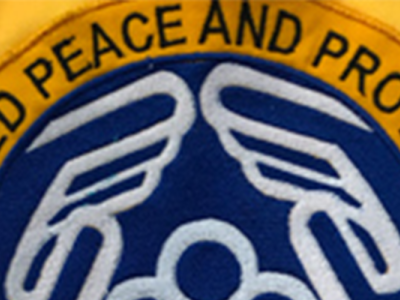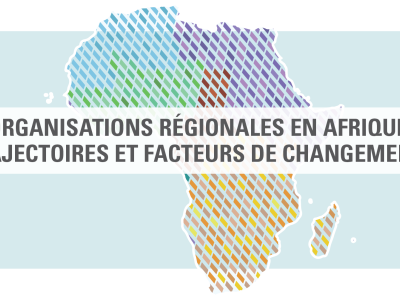
The European Union's Political and Development Response to the Democratic Republic of the Congo
The crisis in the Democratic Republic of the Congo (DRC) is the combined result of long-term structural degradation, medium-term inter-communitarian tensions and short-term regional, military and political conflicts. Over the years, this multi-layered crisis has had disastrous socio-economic effects that are affecting the various regions of the country to different degrees. The root causes of the crisis are the structural degradation, which has benefited some international interests, followed by inter- communitarian tensions and the regional crisis.
After almost 30 years of constant economic, political, and military support, the international community suspended development cooperation with the DRC in 1992. In the decade since then, most donors have sought to address the socio-economic effects of the crisis through ‘humanitarian plus’ programmes under an official ‘humanitarian’ label. They have also responded to the structural crisis with political interventions focusing on ‘democratisation and good governance’ and small-scale ‘human rights’ and ‘civil society capacity building’ programmes. The inter-communitarian crisis has generally been neglected, and the regional and political crises have been addressed within the framework of the Lusaka Accord. Although the situation in the DRC is the same for all donors, they have carried out their interventions using a wide array of strategies and approaches, and have mobilised their institutional capacities in very different ways.
Based on the lessons learned from this diversity, this report presents a set of proposals for improving the EU’s response if the crisis in the DRC should continue. In particular, more integrated political and development interventions that will better address the root causes of the crisis.
Photo by Enough Project/Laura Heaton

